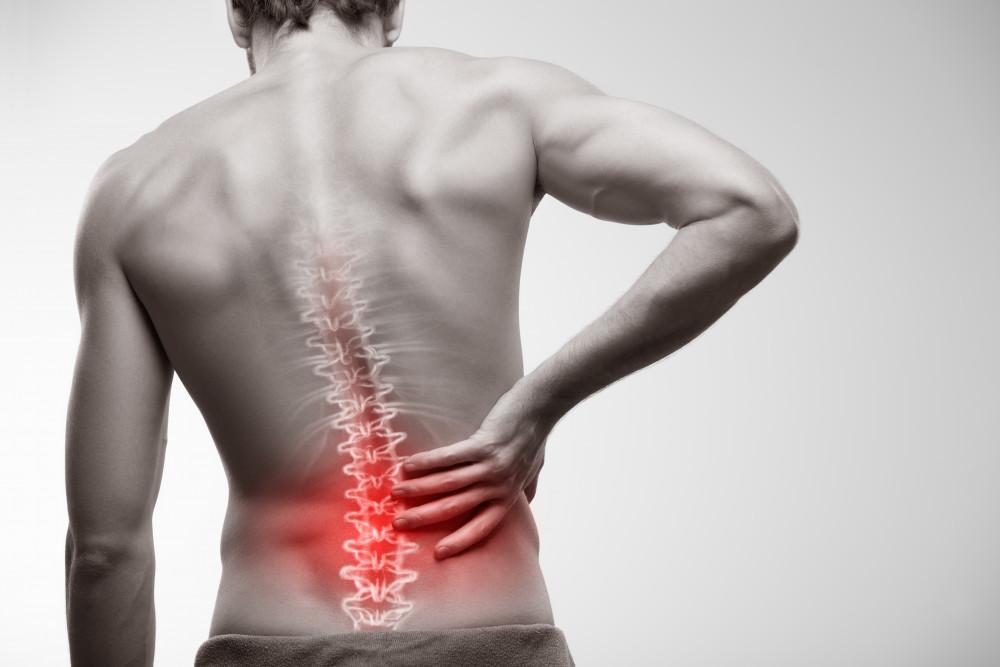
8 Top Warning Signs You Have a Pinched Nerve

Pinched nerves aren’t uncommon, but when they occur, they can cause a lot of pain and discomfort. At The Spine Institute of Southeast Texas, we help people relieve pain and other symptoms caused by pinched nerves. The first step in getting relief: making sure nerve compression is really to blame. Here are eight of the most common symptoms you might experience if you've got a pinched nerve:
1. Pain or burning sensations radiating down your leg
Sciatica is a common type of low back pain that happens when the sciatic nerve gets pinched or compressed where it exits your lower spine (called your lumbar spine). Because branches of the sciatic nerve extend from your lumbar spine through your buttock and all the way down your leg, if the nerve gets compressed or irritated, you can feel pain, burning sensations, or a dull aching anywhere along that nerve pathway.
2. Pain extending from your neck down your arm
Like sciatica, nerve compression in the neck portion of your spine (called your cervical spine) occurs when a nerve in your neck becomes compressed or pinched when it leaves your spine to travel down your arms or into your shoulders. Irritation of a cervical nerve can cause pain and similar symptoms anywhere along the nerve pathway, including your shoulders, the very upper part of your back, your arms, and even your hands.
3. Weakness in legs
When you walk or use your legs in other ways, the nerves in your legs send information at lightning-fast speed to your brain, which in turn stimulates your muscles to react in specific ways. If your sciatic nerve or other nerves in your legs are pinched, it can interfere with those signals. As a result, you might feel weakness in your legs or you might have difficulty performing certain movements (even walking).
4. Reduced grip strength
It might sound a little odd, but your hand nerves play a big role in your ability to grab and hold things. That’s because they provide your brain with a lot of sensory information about things you’re touching so your brain can “tell” your muscles how to react. When a nerve in your cervical vertebrae is irritated or pinched, it may not be able to transmit all that data to your brain. And that means your muscles won’t be able to perform like they should, resulting in poor grip strength, difficulty writing, or performing other small-motor tasks.
5. Numbness
Nerve compression essentially “shuts down” communication between the nerves in your legs, arms, or other areas of your body, so your brain is unable to “feel” in those areas. As a result, you may feel numb in those areas or you may have a complete lack of sensation, like when you sleep with your arm in an unusual position.
6. Pins and needles sensations (paresthesia)
Like numbness, paresthesia (prickly sensations) happens when a nerve is compressed or irritated. The signals between the nerve and the brain aren’t completely blocked, but they’re interfered with just enough to cause these annoying symptoms. Paresthesia is a common early indicator of carpal tunnel syndrome.
7. Bowel or bladder incontinence
Nerves in your back don’t just help you move your legs and feet. They also control your bladder and bowels. When a nerve in your lower back is severely compressed, you might leak urine or bowel movement, or you might have other problems with these functions.
8. Pain that changes when you move position
It’s not uncommon for pain to lessen or worsen when you move your position, but the way it changes can vary based on what’s causing the pain. For many people with sciatica, for instance, pain can lessen when leaning forward from a sitting position, or when lying completely flat on your back. However, if you lie on your side, it often gets worse (which is why it can be so hard to sleep with a pinched nerve in your back).
Get relief for your pain — whatever the cause
At The Spine Institute of Southeast Texas, we provide custom care solutions tailored to the needs of the individual patient. If you're experiencing pain or other uncomfortable or unusual symptoms, we can help you get the relief you need to feel better. The first step in relieving pain and other symptoms is to schedule an office visit so you can be evaluated. To schedule your evaluation, book an appointment online today.
You Might Also Enjoy...


7 New Year’s Resolutions for a Healthier Spine

Is a Bulging Disc the Source of Your Holiday Back Pain?

5 Ways to Keep Your Back Safe During Holiday Travels

Keep Your Spine Healthy With These Expert Strategies


